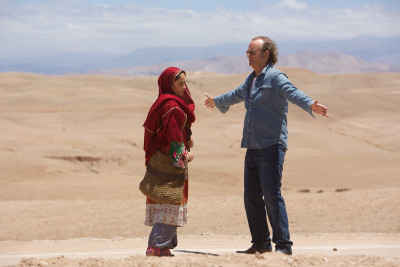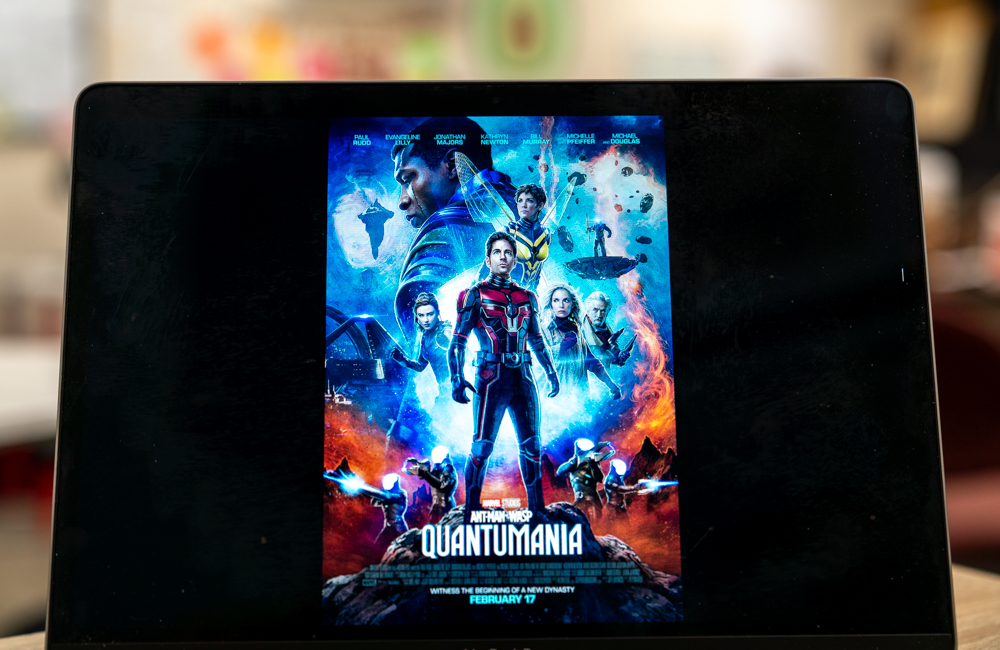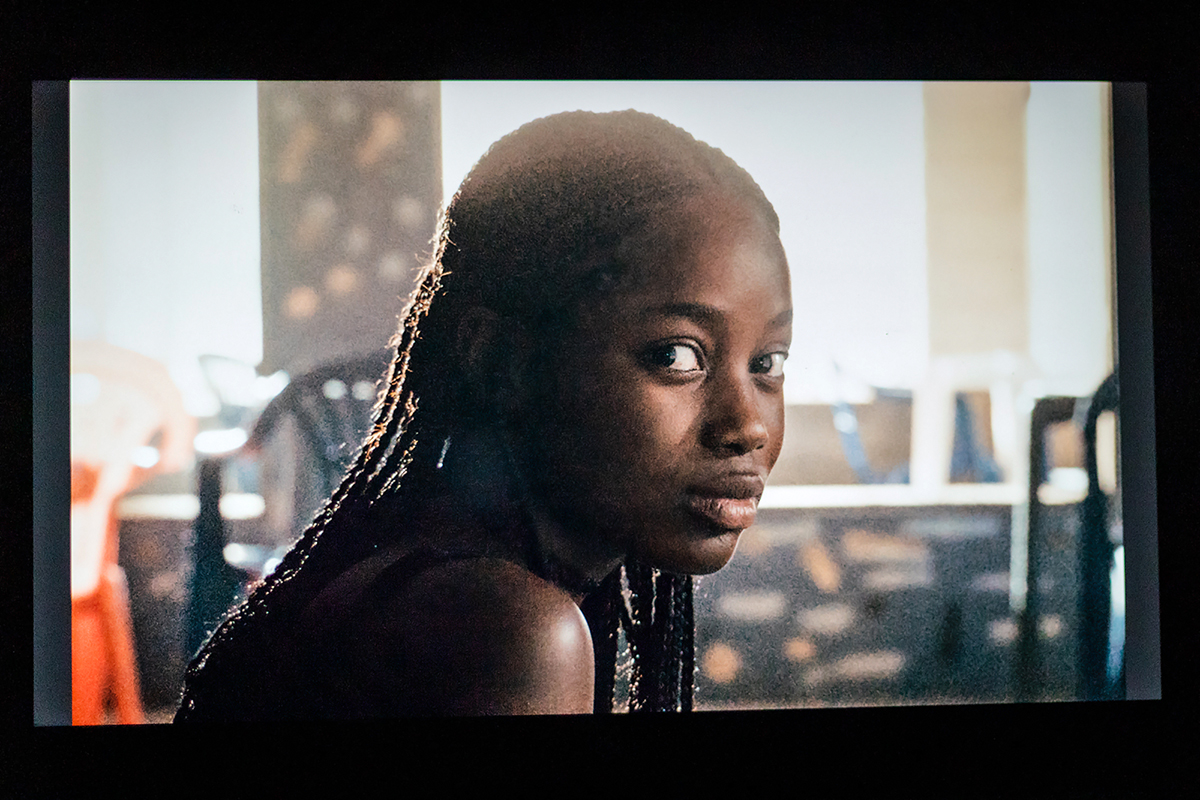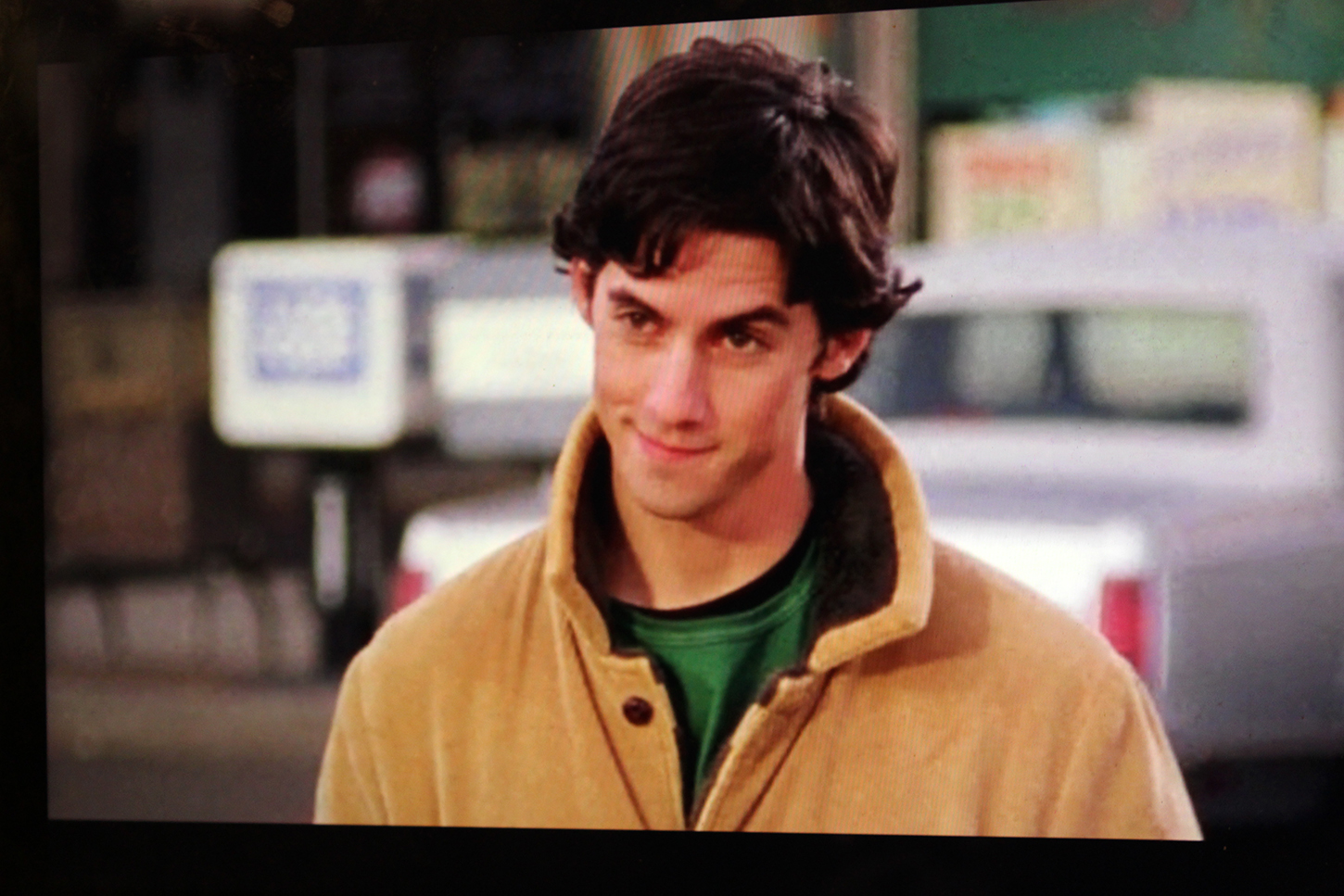
Bill Murray stars as the lead character, Richie Lanz, in Barry Levinson’s film “Rock the Kasbah,” which was inspired by a true story. Lanz is a failed music manager in Los Angeles on the brink of rock bottom. Separated from his wife and speaking to his young daughter only through her room’s window screen, Lanz relies on his outlandish stories of rock music’s past in which he nostalgically ties himself to artists such as Madonna and Stevie Nicks.
We see the music manager in action performing dances like a backstage pageant mom to his sole client, Ronnie Smiler (Zooey Deschanel). Deschanel plays a grungy singer failing to make it big under Lanz’s guidance. A suggestion from a drunken customer at the bar convinces Deschanel’s character to perform for U.S. troops in Afghanistan, beginning a journey to the war-torn country. Cringing yet?
Levinson uses scenes of violence and stereotypical images of Afghanistan to form the backdrop of the film. Lanz and Smiler arrive amid an assassination and encounter a land mine explosion all within 15 minutes of landing. Unable to handle Afghanistan or her manager’s failed attempts to make her a big star, Smiler flees the country, taking Lanz’s passport and money with her, and unexpectedly ends her screen time in the film.
It is after this abandonment that Lanz realizes he must find a way to leave the country. Here comes Salima Khan (Leem Lubany), who he hears singing mysteriously and hiding in a cave in the Paktia Province. After hearing about “Afghan Star,” Afghanistan’s answer to “American Idol,” he becomes set on entering Khan in the show and winning the cash prize. The catch, however, is that in her Pashtun culture, women may not sing, let alone be on public television.
From this point onward, the film focuses on the struggle to get Khan on the show. Adding to the stereotypes, a large part of the film includes a disjointed storyline of gun and ammunition dealing among the characters played by Bruce Willis, Scott Caan and Danny McBride with Khan’s father (Fahim Fazli) and other unnamed Afghan men. This added effect of drama nonsensically creates more obstacles for the characters and feels too random to actually add to the film’s story. It does, however, allude to American greed and attitudes in a foreign country — a slight glimmer of critique on Levinson’s part.
Levinson cannot decide whether the story is about Lanz’s triumph over his failures and discovery of something deeper than fame and money or Khan’s triumph over an oppressive restriction. The source of inspiration for this film does not include a Richie Lanz or any kind of white American “savior.” Levinson, however, inserts Bill Murray’s character into the Middle East in the hopes of relating to Western sensibilities.
Similarly, Lubany’s character speaks considerably less than most of the other characters, highlighting the idea that both Salima and her country are simply props to add to the exoticism of the setting. Either way, the storyline fails to develop the journeys of these two characters and it ends abruptly and leaves viewers with a lack of connection to either Lanz or Khan.
Despite these downfalls, the film does succeed in providing instances of humor and sarcasm and finds relief through Kate Hudson’s character Merci, a charming American prostitute who helps Lanz and Salima and a kind, disco-loving taxi driver. And despite her short appearance in the film, it is refreshing to see Deschanel less doe-eyed and less innocent than usual. The eclectic soundtrack helps to liven the film and enhance its musical subject.
The film has a predictable message — a miserable Grinch-like music manager becomes inspired by a young and talented Afghan girl who helps make his heart grow a few sizes bigger. Despite this heartwarming and expected message, the film fails to nurture it to fruition.
Perhaps Levinson sought to take a risk by creating an edgier and quirkier film, but the obvious stereotyping and lack of character development drive the story down. The film falls into limbo, with unclear motivations to be a film with characters taken seriously or a detached story relying on sporadic moments of humor. Although it is undoubtedly entertaining to see well-known actors such as Murray, Deschanel and Hudson in new roles, “Rock the Kasbah” leaves viewers ready to turn off the music.





























































































































